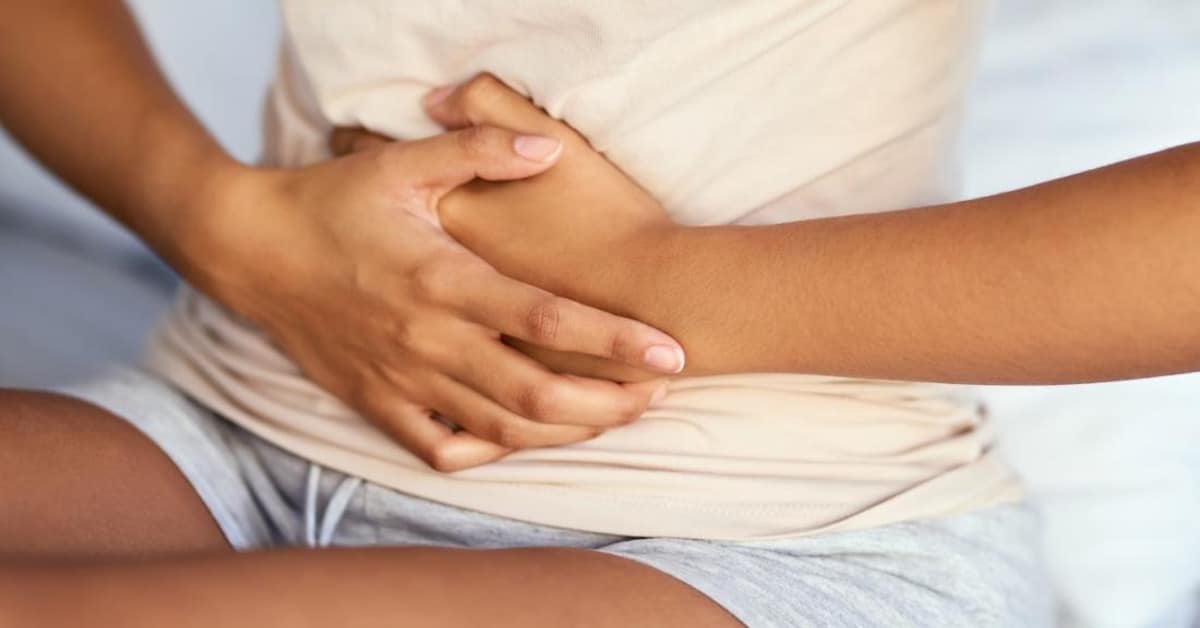Bali is a popular tourist destination known for its stunning beaches, cultural heritage, and vibrant nightlife. However, many travelers to the island often fall victim to a common ailment known as “Bali Belly.” But what is Bali Belly? In this comprehensive guide, we will explore the causes, symptoms, and ways to avoid this uncomfortable condition.
What is Bali Belly?
Bali Belly is a term commonly used to describe digestive issues such as diarrhea, stomach cramps, and nausea that can occur after eating contaminated food or drinking contaminated water. The tropical climate of Bali and other parts of Indonesia can create an ideal environment for the growth of bacteria and other pathogens.
Symptoms of Bali Belly
Bali Belly is characterised by stomach cramps, vomiting, traveller’s diarrhoea, nausea, and also fever. At times it can make you severely ill and it might leave you feeling too ill to leave your hotel toilet.
So How Long Does Bali Belly Last?
The good news (and trust me, it’s good news if you get it!) is that Bali Belly is curable and usually clears up within 24 hours, but it may take a few days to feel normal again.
What Causes Bali Belly?
One of the primary causes of Bali Belly is the consumption of street food and food that has been stored in unsanitary conditions. It is important to exercise caution when eating at local restaurants or street vendors. Look for places that are busy and have high turnover, as this usually indicates that the food is fresh.
Another cause of Bali Belly is drinking tap water that has not been treated or purified. While it is safe to drink bottled water in Bali, it is recommended to avoid drinking tap water, ice, and other drinks made with tap water to avoid the risk of Bali Belly.
How to Prevent Bali Belly
To avoid getting sick, it is important to take a few precautions while traveling in Bali. First, always wash your hands frequently and thoroughly, especially before eating. Second, avoid eating raw vegetables and fruits that cannot be peeled. Third, stick to eating well-cooked foods and steer clear of street food, especially if you have a sensitive stomach.
Here are some tips to avoid getting Bali Belly:
- Only eat food that has been cooked thoroughly and avoid eating raw fruits and vegetables.
- Drink bottled water or water that has been boiled or treated.
- Avoid eating at street vendors or restaurants that do not look clean.
- Wash your hands frequently with soap and water.
How to Treat Bali Belly
In the unfortunate event that you do contract Bali Belly, the best course of action is to rest and stay hydrated. Over-the-counter medications such as Imodium can help to relieve the symptoms, but it is always best to consult with a doctor if you are feeling unwell.
Tips to Manage the Symptoms of Bali Belly
- Drink plenty of fluids to stay hydrated.
- Eat bland foods, such as rice, toast, and bananas.
- Avoid caffeine and alcohol.
- Take over-the-counter medications, such as ibuprofen or acetaminophen, to relieve fever and pain.
If you have severe symptoms or if your symptoms do not improve after a few days, seek medical attention.
In Conclusion
Bali Belly is a common issue for travelers to Indonesia, but it can be prevented by taking a few simple precautions. By following the tips outlined in this guide, you can enjoy a safe and healthy trip to Bali.
Bali Belly FAQs
Bali Belly typically resolves on its own within 24 hours, though it can sometimes take up to a week. Adjusting to the local environment gradually can help minimize the risk of this condition.
Top remedies include hydrating with coconut water, probiotics like Yakult, activated charcoal tablets, and medications like Travelan and Imodium. Consulting a local clinic or doctor is also advisable for severe cases.
Avoid ingesting pool or sea water while swimming, especially if you have open wounds or are already experiencing Bali Belly, to prevent spreading the illness.
Coca-Cola or soda water is not recommended for Bali Belly as they can aggravate bowel irritation and increase bloating.
Bali Belly is often triggered by micro-organisms in contaminated food or water. Locals may have developed immunity to these organisms, making them less susceptible.
Steer clear of street food, leafy greens, undercooked meats, and certain seafoods. Choose well-cooked meals from reputable sources.
Exercise caution with salads and raw foods unless you’re dining at a reputable establishment, as they may be washed in tap water.
Bali Belly is not airborne. It is typically contracted through contaminated food, water, or poor hygiene practices.
Consume bland foods like soups, stews, potatoes, rice, and bananas. Avoid spicy, oily, and dairy foods, as well as fruits and vegetables.
Yakult and natural yogurts can aid in restoring gut bacteria balance after experiencing Bali Belly. Ensure they are purchased fresh from refrigerated sections.
Bali Belly’s occurrence can vary due to individual hygiene practices. Regular hand washing and avoiding touching your face with unclean hands can reduce the risk.
Bringing Hydralyte to Bali is a good idea to stay hydrated in the heat and humidity. It helps in replenishing electrolytes lost during sun exposure or illness.
Symptoms of Bali Belly can emerge anywhere from one hour to 48 hours after consuming contaminated food or water, and sometimes even weeks later.
Avoid using tap water for brushing teeth in Bali. Stick to bottled water for oral hygiene to prevent ingesting contaminants.
Showering and washing hands with Bali’s tap water is safe, but it’s advisable to avoid ingesting it.
Approximately 30-50% of travelers to Bali may experience Bali Belly during their stay.
Begin taking Travelan a few days before traveling, consume only cooked food, drink bottled water, avoid ice in drinks, and wash hands regularly.
If untreated, Bali Belly can lead to persistent digestive issues like chronic bloating or changes in bowel habits, and potentially progress to conditions like irritable bowel syndrome (IBS).
A seasoned traveller and Bali enthusiast with a wealth of experience and knowledge about the island. With a passion for exploring and discovering Bali’s hidden gems, Ben has a keen eye for details and a deep understanding of Bali’s culture, history, and unique features. With years of travel experience under his belt, he has explored almost every corner of the island and can provide invaluable insights and recommendations to make your trip unforgettable. From the best beaches to the tastiest local cuisine,he’s has got you covered.

